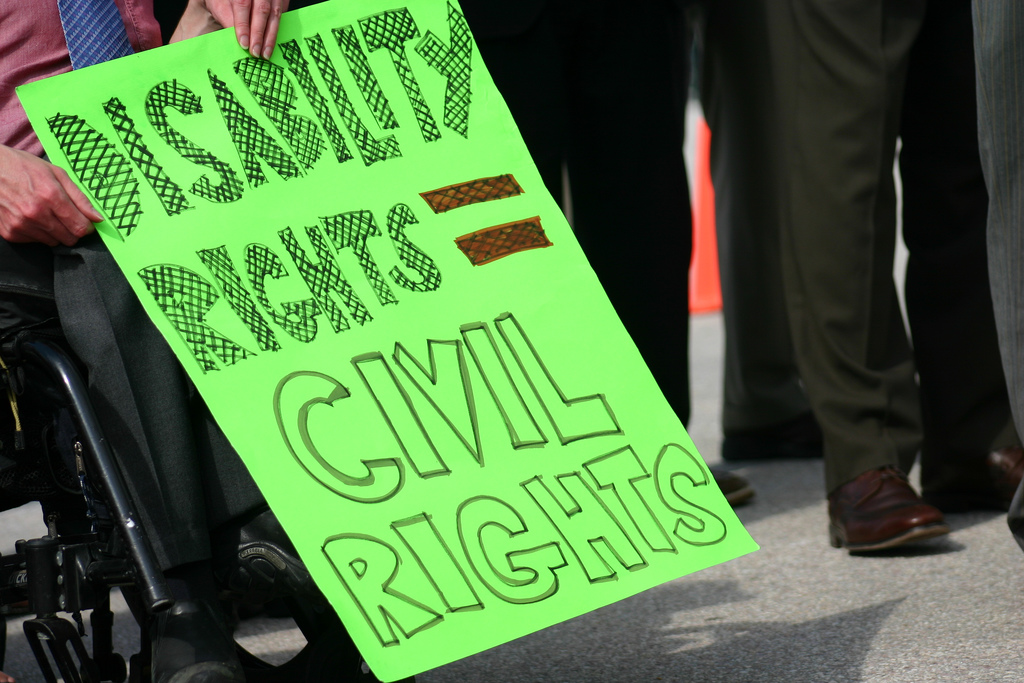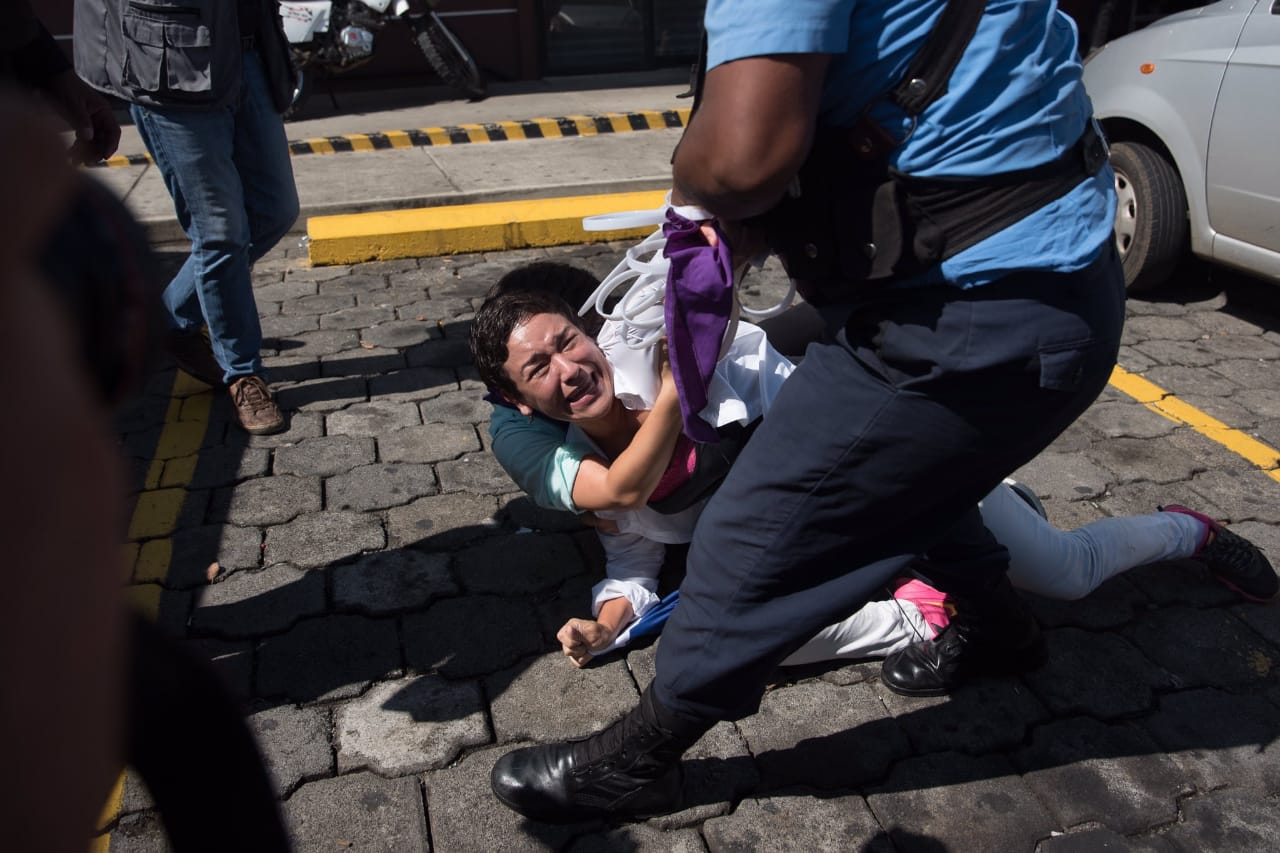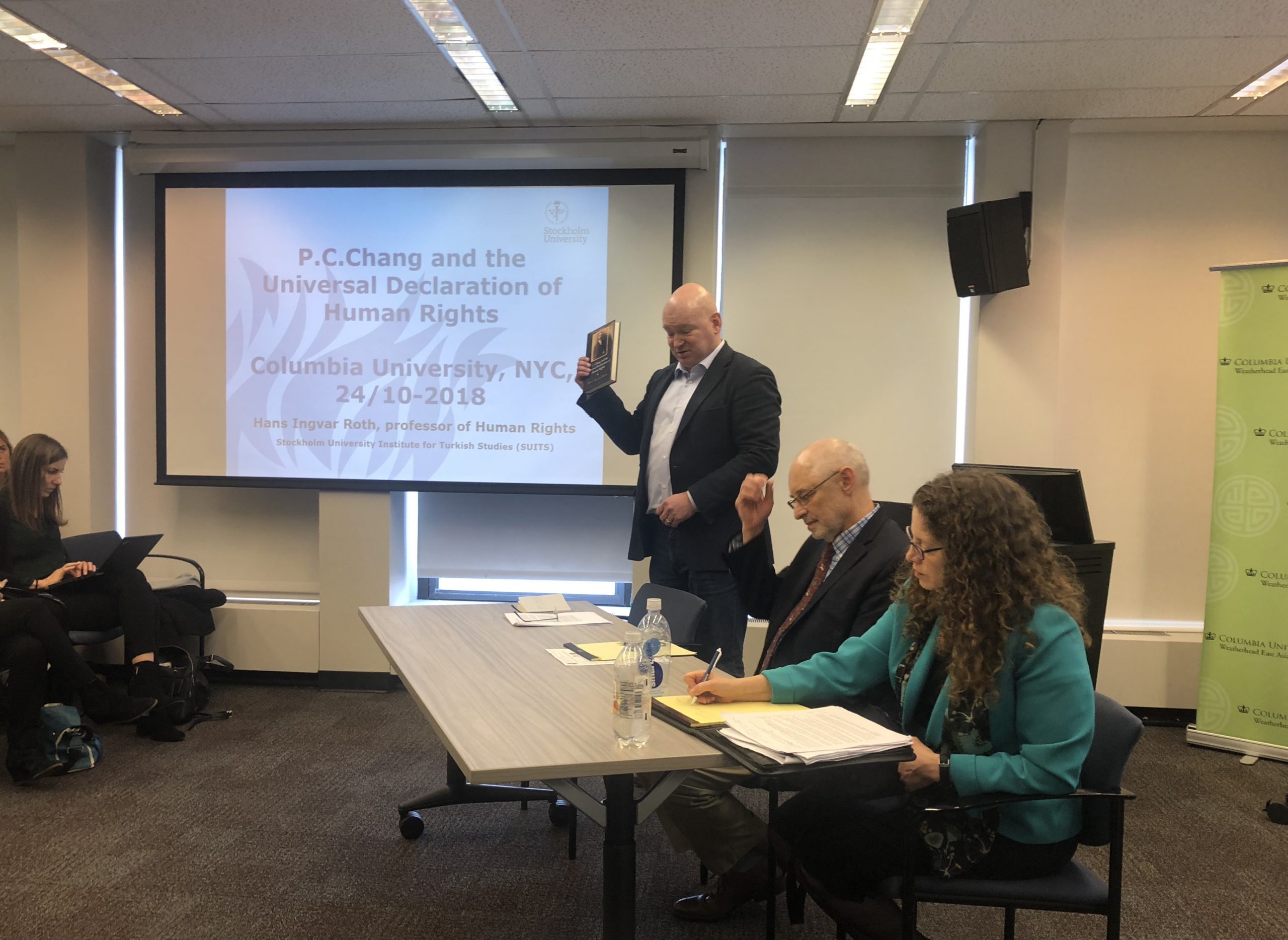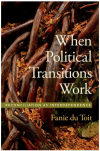
Sterilization of People With Disabilities: Acknowledging the Past and Present History, Rhetoric, and Effects of a Harmful Practice
In the first week of 2019, a story about an Indigenous woman in Arizona giving birth while having been in a vegetative state for the past 14 years hit international headlines. It came as no surprise when investigators announced that they were looking into a “possible sexual assault.”
A person in a vegetative state, by definition, cannot consent to sex because they are non-responsive to stimuli and lack self-awareness. This woman, disabled and reliant on healthcare providers to support her quality of life was instead abused and assaulted with no recourse to defend herself.
This case is one of many that demonstrates the serious issues of sexual assault that face disabled people around the world today. According to disabilityjustice.org, people with disabilities (PWD) are three times more likely to be sexually assaulted than someone who is not disabled. 83% of women with disabilities (WWD) will be sexually assaulted in their lifetime. Understanding the severity of sexual assault of PWD is...







